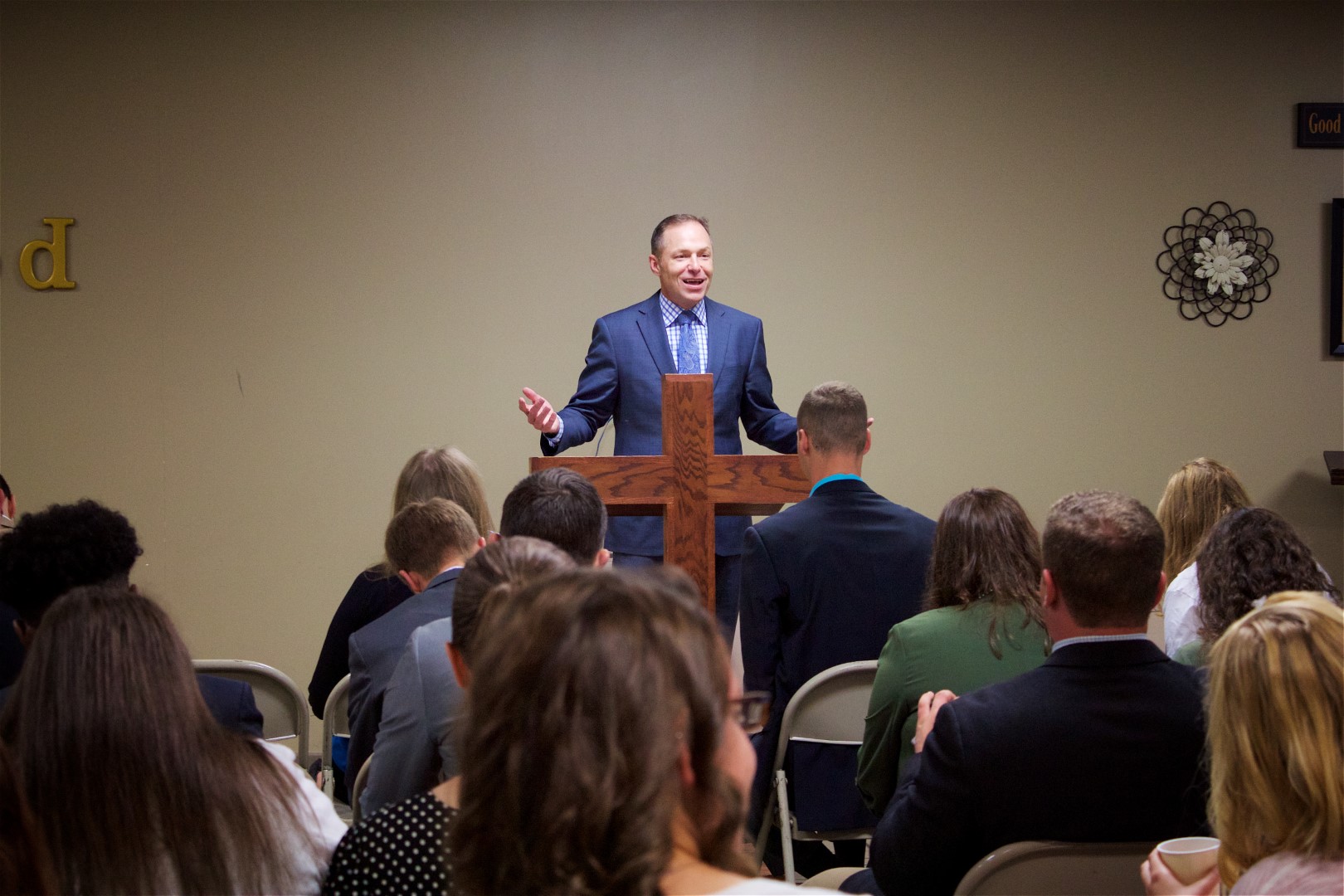The relationship between the members and the staff of a church influences its growth and longevity. The church is a more than in institution, it is a family, and the Bible explains how we are to relate to each other. We are called brothers and sisters, sons and daughters. The importance of the local church is understood by the fact that Jesus gave His life for it. “Husbands, love your wives even as Christ also loved the church, and gave himself for it” — Ephesians 5:25. One of the key elements to building a strong church is to develop loving and godly relationships among the assembly.
Most churches have a church covenant that explains the responsibility each member has toward other members. Paul revealed the importance of every member in 1 Corinthians 12:14-27 and in 1 Thessalonians 5:12-24 Paul details the proper relationships Christians must have. Every member is interdependent upon the other and the following relationships illustrate God’s plan for the church family.
The first relationship described in 1 Thessalonians 5:12-13 is the people to their pastor. People should know their pastor and his family. People should learn to be aware of his needs and to pray for him and his family daily. The Scripture states to “esteem them very highly in love for their work’s sake.” The position of pastor is one of authority that comes with great responsibility to care for the flock of God. Therefore people must learn to hold the office of a pastor in high esteem. “And how shall they preach, except they be sent? as it is written, How beautiful are the feet of them that preach the gospel of peace, and bring glad tidings of good things!” — Rom 10:15. People should be encouragers to the pastor and never be found to be disloyal. The pastor should be properly supported financially as the church is able to do so. “Let the elders that rule well be counted worthy of double honour.” — 1 Timothy 5:17-20.
Then there is a relationship of the pastor to his people. The pastor must learn to be a laborer preaching the Word and administering his duties. The pastor should be a reader and one who studies the Scripture. The pastor must be a teacher, a soul-winner and a leader. The pastor should not do the work for remuneration. “For if I do this thing willingly, when I preach the gospel, I may make the gospel of Christ without charge”
–1 Corinthians 9:16-18. But most of all the pastor must care for the flock. His responsibilities involve counseling, visiting, praying and helping them. In addition, the pastor from time to time must admonish members and point out sin while preaching the whole counsel of God. There are high qualifications for a pastor and he must recognize the importance of his testimony.
Then there is the relationship of people to people. Christians should be known by their love. “Love one another” is commanded thirteen times. “A new commandment I give unto you, That ye love one another; as I have loved you, that ye also love one another”. — John 13:34. Paul lists a number of responsibilities we have to each other in the church such as warn the unruly, comfort those that mourn, support the weak, be patient with all men and do good to all men. The challenge to the church is to edify one another.
In addition, there is the relationship of people to God. The Bible states we are to pray without ceasing, be thankful, be filled with the Spirit, preach the Word, use discernment and abstain from every appearance of evil. If our relationship to God is right our relationship to others will be right.
Lastly there is the relationship of God to people. It is God who saves us. He is the one who sanctifies and preserves us. Our God is faithful to us unconditionally. “Faithful is he that calleth you, who also will do it.” – 1 Thessalonians 5:24. One day the Lord will be faithful to come for us in the rapture of the church. God will always fulfill His part but we must learn to do our part.


